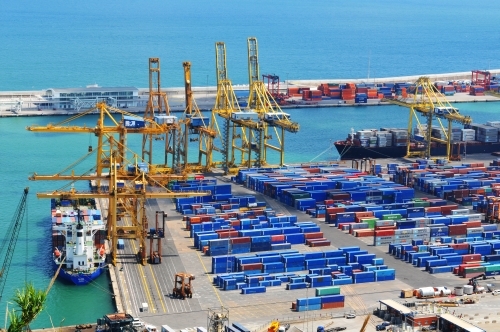EU ports play an important role in facilitating the EU’s external trade and internal market exchanges and are a direct and indirect source of more than half a million jobs.

The Commission has been trying for many years to develop a specific EU policy framework for ports. Twice in the past decade, Commission proposals for secondary legislation implementing the EU Treaties’ provisions on the freedom to provide services were rejected by the European Parliament. Dock workers were strongly opposed to these proposals. Today, provision of port services is governed by national legislation, and is characterised by different levels of public and private sector involvement, and various labour systems for dock workers.
However, structural reforms in the port sector – whether prompted by the need to increase efficiency or required in the framework of a financial assistance programme to a Member State in difficulties (such as Greece) – has led to a move away from the service port model (state-owned) towards the landlord model (with participation of private operators).
A review of the current policy framework for ports, focused on improving transparency of port finance and assuring a level playing field for service providers, is expected to be presented by the Commission in 2013.
Read the complete briefing here.
–










[…] our briefing on the liberalisation of EU port services, we look into the employment situation of dock workers in […]